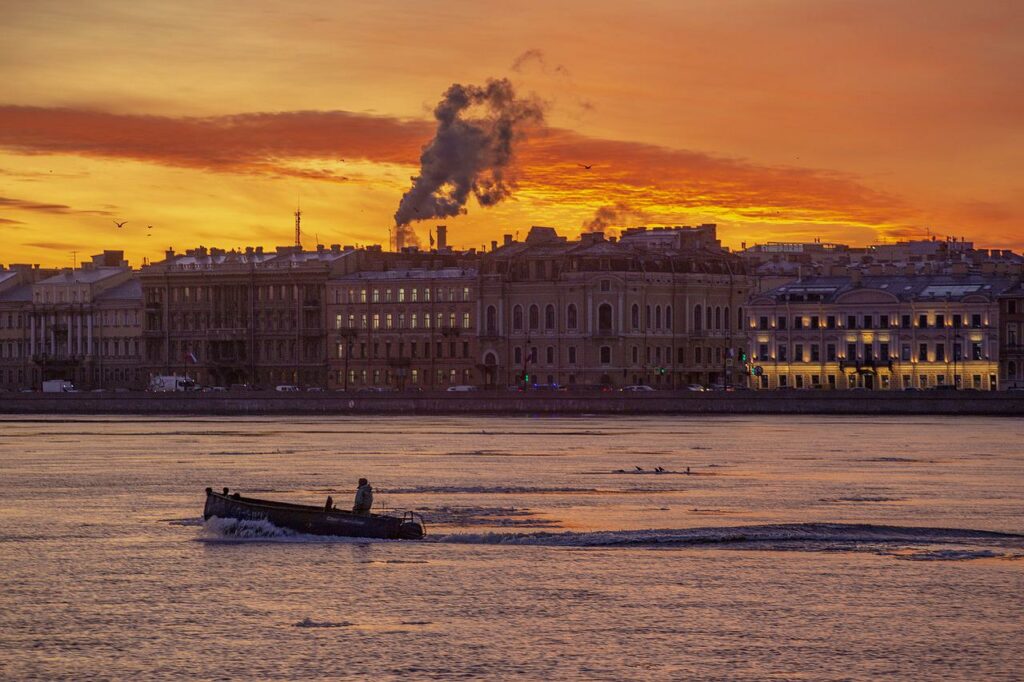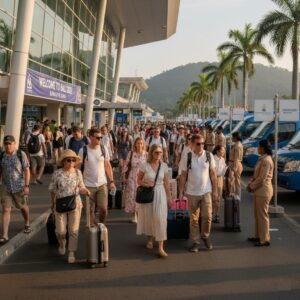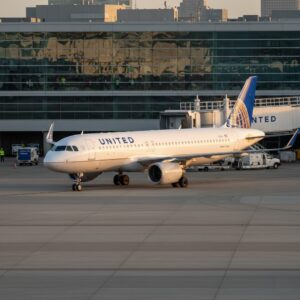Outbound international plane tickets from Russia were 42 % of pre-pandemic levels in the week before the beginning of the war (w/c 18th Feb), but just 19 % in the week after the invasion (w/c 25th Feb). Since then, flight bookings have plummeted, even more, hovering around 15%. Because of war-related civil aviation bans, Russians are unable to book flights to many of their favorite Western locations; instead, they are arranging leisure trips to Asia and the Middle East.
An analysis of ForwardKeys flight bookings made between the 24th of February, the beginning of the invasion, and the 27th of April, the most recent statistics, reveals that the top five destinations for travel between May and August, in order of resilience, are Sri Lanka, the Maldives, Kyrgyzstan, Turkey, and the UAE. Bookings to Sri Lanka are presently 85 % higher than pre-pandemic levels, with the Maldives 1 % lower, Kyrgyzstan 11 % lower, Turkey 36 % lower, and the UAE 49 % lower.
“Something to note though is that Sri Lanka’s position at the head of the list is not a true reflection of the island’s attractiveness as a destination, it’s more about safety. Rather, it is a consequence of terrorist bombings, which scared away visitors in 2019, the pre-pandemic benchmark year,” says Olivier Ponti, VP of Insights at ForwardKeys.
A critical analysis of the recently granted tickets to Turkey and the UAE reveals that a sizable fraction are rich Russians on vacation. Premium cabin travel is on the rise. In comparison to 2019, the number of tickets sold in premium cabins has trebled.
“The war with Ukraine, and the consequent sanctions on flying, have effectively caused Russia’s outbound tourism market to dry up. Those people who are still flying comprise an elite, affluent niche, who are forced to holiday in Asia and the Middle East rather than in Europe. Let’s see how this plays out over the summer season,” adds Ponti.


















More Stories
Bali’s 2025 Tourism Boom Hits 7M Visitors!
United’s A321neo Coastliner: Premium Transcon Revolution
Toronto Tourism Smashes Records: 28.2M Visitors Power $13.5B Economy